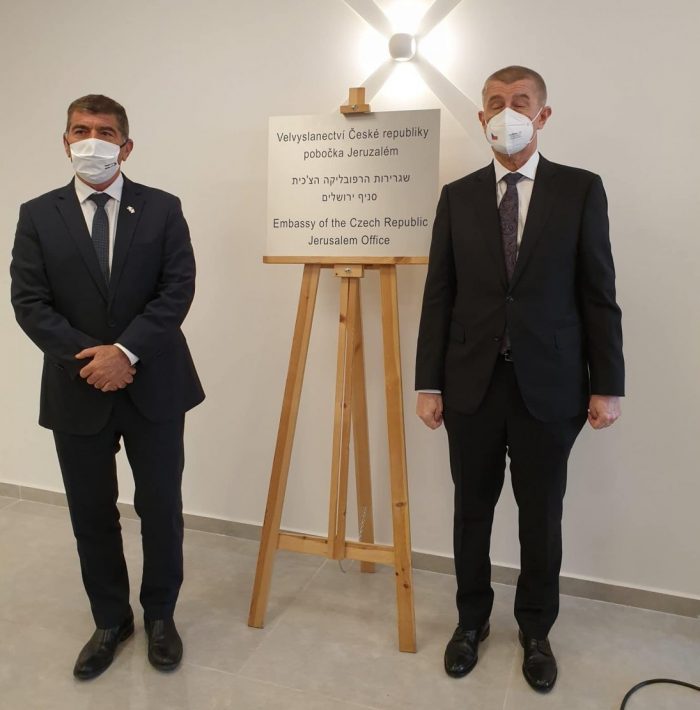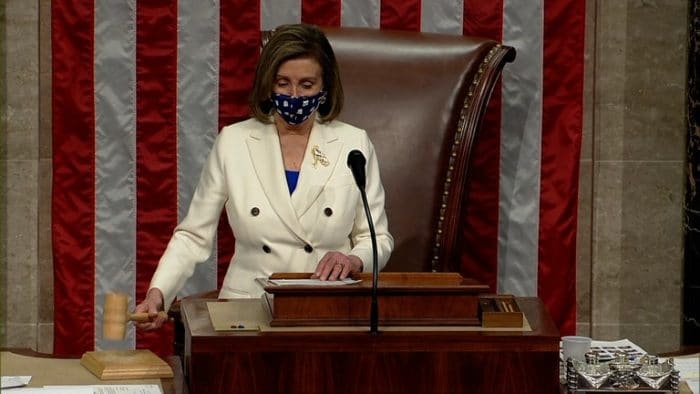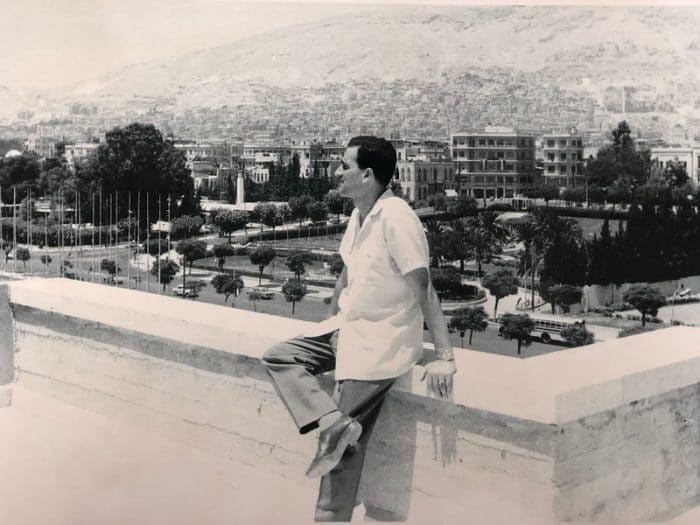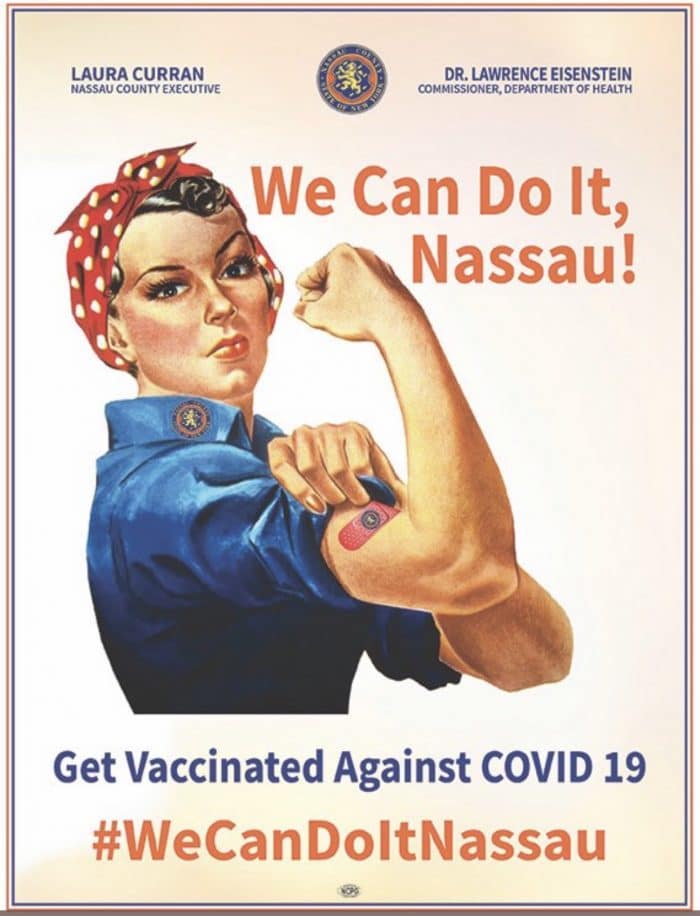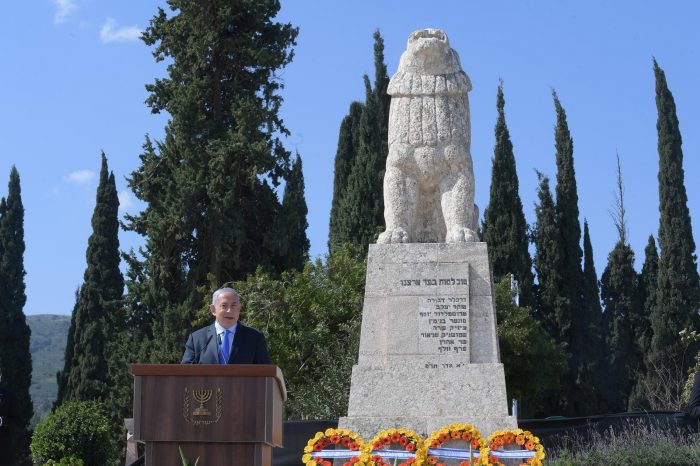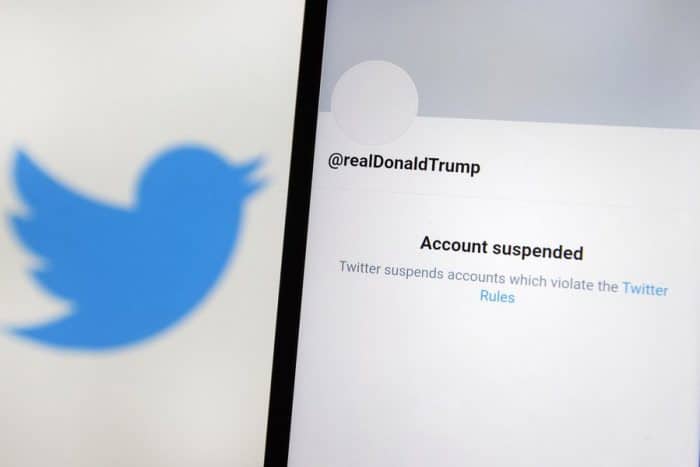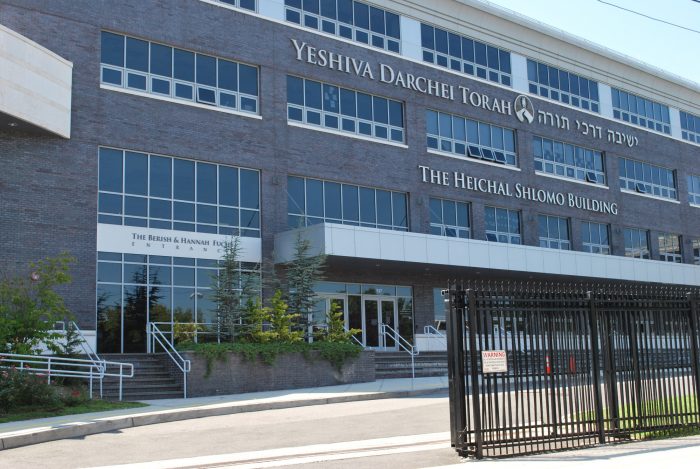By Tammy Mark
United States Ambassador to Israel David Friedman has spent the last four years as a facilitator of peace in the Middle East and agent of change for Israel relations in the Trump Administration. Originally from North Woodmere, New York, Friedman’s father was Rabbi Morris S. Friedman, z”l, a rabbi at Temple Hillel and a head of the New York Board of Rabbis.
Ambassador Friedman graduated from the Hebrew Institute of Long Island before earning his B.A. from Columbia University and his J.D. from New York University School of Law. The ambassador and wife, Tammy Sand Friedman, have five children and eight grandchildren, and resided in Woodmere before Friedman assumed his current post. Though Ambassador Friedman operates on the global stage, he holds his community and personal values dear.
Ambassador Friedman is an observant Jew, known to have a deep love for all of the land and people of Israel. A former bankruptcy lawyer, Friedman initially met President Donald Trump in 1994 when he represented him as the then-chairman and president of The Trump Organization. The ambassador fondly shares the story of how he and President Trump became friends when Trump paid a condolence call as Friedman sat shiva for his father. Trump had travelled 3½ hours through a blizzard to pay his respects; the two men spent several hours talking long into the night, and their friendship proliferated from there. Their personal conversations on Israel began when Friedman purchased a second home in Jerusalem.
Fast forward to 2016, Friedman was chosen to serve as an advisor to President Trump during his presidential campaign and tasked with advising on Israel-related and Jewish issues. Friedman co-chaired Trump’s Israel Advisory Committee alongside Jason Greenblatt, a former executive for The Trump Organization; the pair promoted Trump’s campaign promise to move the U.S. Embassy in Tel Aviv to Jerusalem.
In December of 2016, President-elect Trump’s transition team announced that Friedman had been nominated as the United States Ambassador to Israel. Friedman was confirmed by the Senate and sworn in by Vice President Mike Pence on March 29, 2017. Friedman formally presented his credentials to Israeli President Reuven Rivlin on May 15, 2017 and began working to shape history.
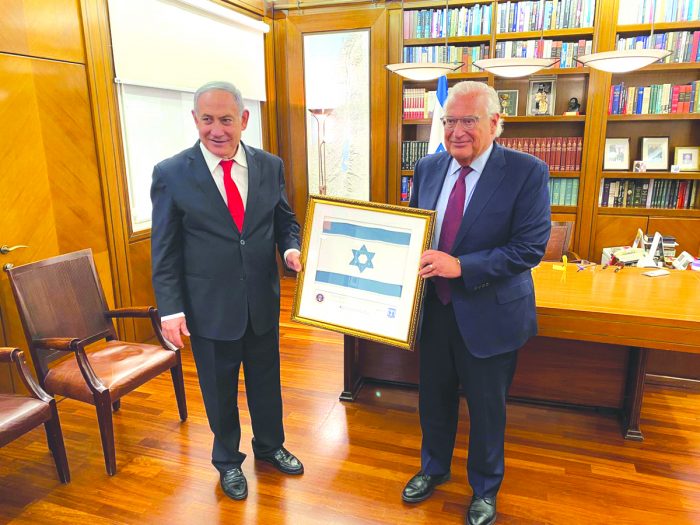
On December 6, 2017, President Trump formally recognized Jerusalem as the capital of Israel and proceeded to actualize his campaign promise of relocating the U.S. Embassy to Jerusalem, with Ambassador Friedman by his side. While previous U.S. presidents had made promises to relocate the embassy, all ultimately refrained from doing so.
On May 14, 2018, on the 70th anniversary of the Israeli Declaration of Independence, the U.S. Embassy was officially opened in Jerusalem.
In 2018, The Jerusalem Post listed Ambassador Friedman as one of the world’s 50 Most Influential Jews – “the envoy who moved the U.S. Embassy to Jerusalem.” He was listed as #2 in 2019 and tied for the top spot in 2020, after the signing of the monumental Abraham Accords, along with Special Advisor to the President and son-in-law Jared Kushner, Mossad Chief Yossi Cohen, Israeli Ambassador to the U.S. Ron Dermer and Special Envoy for International Negotiations Avi Berkowitz – collectively dubbed “The Peacemakers.”
The Abraham Accords represent the tremendous Mideast feat achieved on August 13, 2020. The accords, a joint statement from Israel, the United Arab Emirates, and the U.S., refer to the peace agreements between Israel and the U.A.E. and Bahrain, and mark the first time an Arab country has normalized relations with Israel since the peace treaty with Jordan in 1994. Though politicians and pundits alike have long insisted that peace could never come to Israel in this way, Ambassador Friedman anticipates such progress to continue under the Trump Administration.
Throughout his term, the Ambassador has maintained the ability to practice as a contemplative, compassionate and dynamic Jew. In April, he authored an opinion piece for The Jerusalem Post, asking “Why a virus?” and positing that “under these extraordinary circumstances, anyone, and certainly a believer and amateur theologian like me, could be excused for searching for an underlying divine message.” In October he took to Twitter to share his participation in the traditional “Birkat Kohanim” service as a kohen at the Kotel during Sukkot stating, “I will pray for G-d’s mercy and healing upon all those throughout the world afflicted with Covid-19. Refuah Shlema to all!”
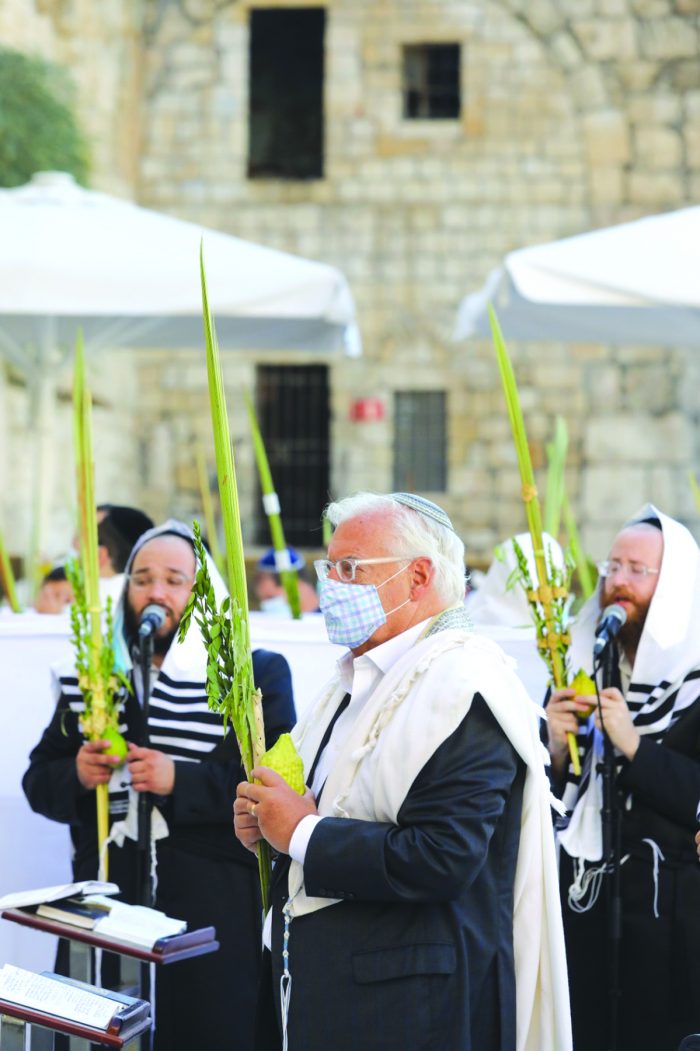
While tending to his various roles and responsibilities during this very exceptional era, Ambassador Friedman took some time to shed some light on the recent and continuously unfolding historic developments.
Ambassador Friedman, congratulations on the Abraham Accords! How long was the agreement with the United Arab Emirates in the works?
These agreements have been in the works since early in the Trump administration when the President traveled to Saudi Arabia and Israel and challenged more than 50 Arab nations to combat terrorism and embrace peace. The Abraham Accords were preceded by literally hundreds of meetings across the globe among numerous countries and the Trump peace team.
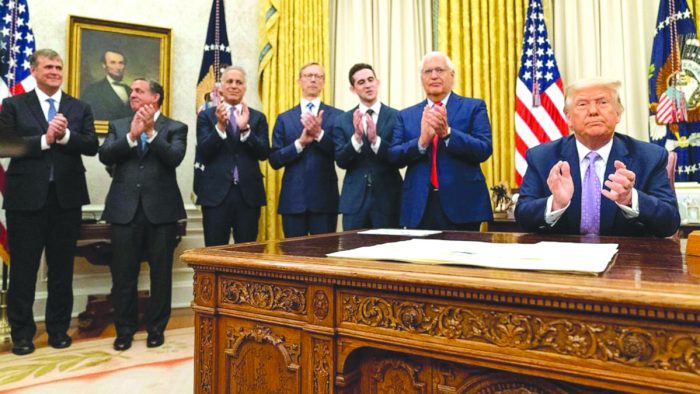
What other countries are currently in talks or in consideration for peace with Israel?
Well, since you first asked, Sudan has joined the circle of peace – a very important and welcome addition. I am certain that there will be more.
Why do you think the Saudis are so hesitant to normalize relations with Israel?
The Saudis have been very supportive and now allow overflights to and from Israel. We respect each nation’s internal process, and we are optimistic that many more nations will join us.
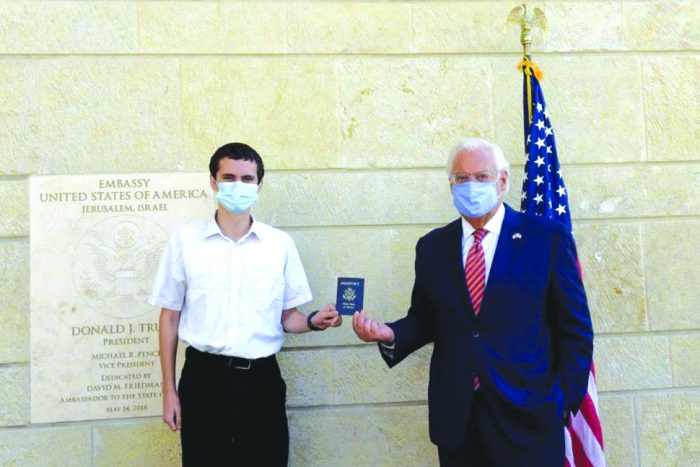
During the 2016 campaign you had indicated that moving the U.S. Embassy to Jerusalem was a goal of President Trump at that time, and it indeed came to fruition, contrary to much skepticism. How significant has that move proven to be?
Moving our embassy to Jerusalem sent a very powerful message that President Trump keeps his promises, stands with our allies, and cannot be deterred by baseless threats. This set the table for numerous other diplomatic achievements throughout the world. If we are honored to serve another term, we are very well positioned to continue to make history in a very positive way, G-d willing.
You have a lot of supporters in the Five Towns community. Rabbi Zalman Wolowik of the Chabad of the Five Towns participated in the historic event and was instrumental in setting up the embassy in Jerusalem in a “kosher” way. Is there a special pride in sharing these events with the Five Towns community?
The Five Towns community has been my home for most of my life. I am very grateful for all the support I have received from this wonderful neighborhood.
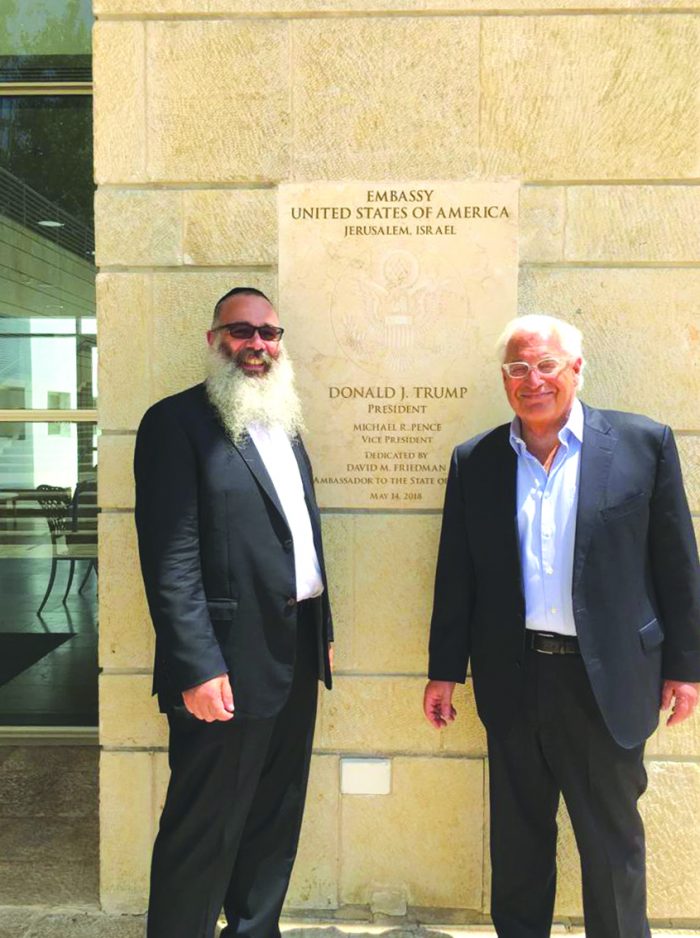
What is your daily schedule like? How often do you travel, between the U.S. and Israel, and in general?
I work six days a week, much of each day and night. I travel back and forth to Washington, D.C., almost every month, as well as elsewhere.
How regularly do you speak with the President? Are there any insights about President Trump that would be meaningful or important to share with our readers?
I have a long and enduring relationship with the President based upon mutual respect. We speak often. I am always astounded by his energy, his dynamism and, most importantly, his willingness to think out of the box, rather than blindly following conventional wisdom.
Before your public position as Ambassador you had worked in a private sector capacity and had enjoyed an amicable relationship with President Trump. Do your families still maintain a personal connection at this time?
We will always be close friends.
Last time we spoke you were fairly confident that President Trump would win. I would assume you’re as confident, if not more, for this upcoming 2020 election. How are the polls looking now? Are there other indicators that you look to?
I am not a pollster, but the level of enthusiasm for President Trump seems at levels even greater than 2016.
What do you hear from people in Israel regarding the U.S. elections?
Israelis overwhelmingly prefer President Trump. I would always trust Israelis to know what’s best for Israel.
What do you personally hear from those across the aisle regarding the Trump Administration’s efforts and progress in the Mideast region?
There is bipartisan, although sometimes begrudging, acknowledgment that President Trump has really done something incredible in creating the Abraham Accords.
What would you say to Jewish voters, especially those who are Orthodox and/or supporters of Israel, who oppose President Trump regardless of the progress that has been made during his administration in support of Israel?
I’m not allowed to engage in the campaign, so all I would say is that everyone should consider the President’s record and be fair. Personally, I am enormously proud of that record.
How would you respond to those who accuse President Trump of being anti-Semitic or bigoted?
It’s an insane accusation. Listen to the President’s words — all of them, not just a half sentence taken out of context. The President has been the exact opposite of what his accusers falsely claim, both in word and in deed.
Tell us a little more about your personal experiences in this role. What’s it like to have your words scrutinized by the press and by people around the world?
You get used to it; you get better at it with time. I’ve always tried to speak directly and answer questions honestly and without spin.
Who is the most interesting or most inspirational person you’ve met in your role?
There have been so many that I couldn’t even begin to narrow this down to a single or even multiple individuals.
Do you ever discuss theology with your Muslim peers?
I absolutely love to discuss theology, and I have done so with experts in all faiths.
The “M” in your name stands for Melech, which seems to add a nice connection to the biblical King David. Do you feel like you are living in a significant historical era?
I do, but I will leave the history writing to others.
Categorised in: Israel News, US News





